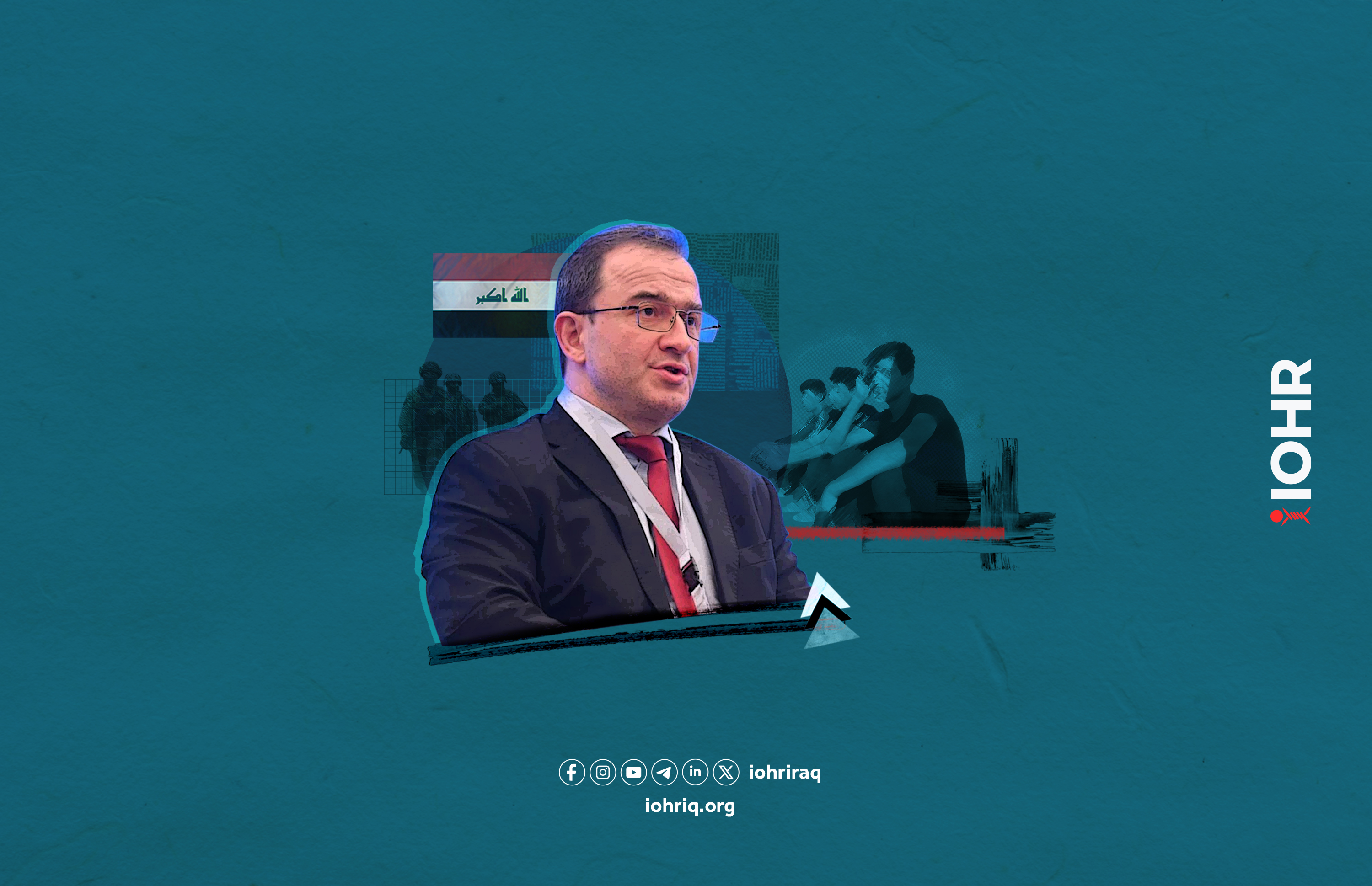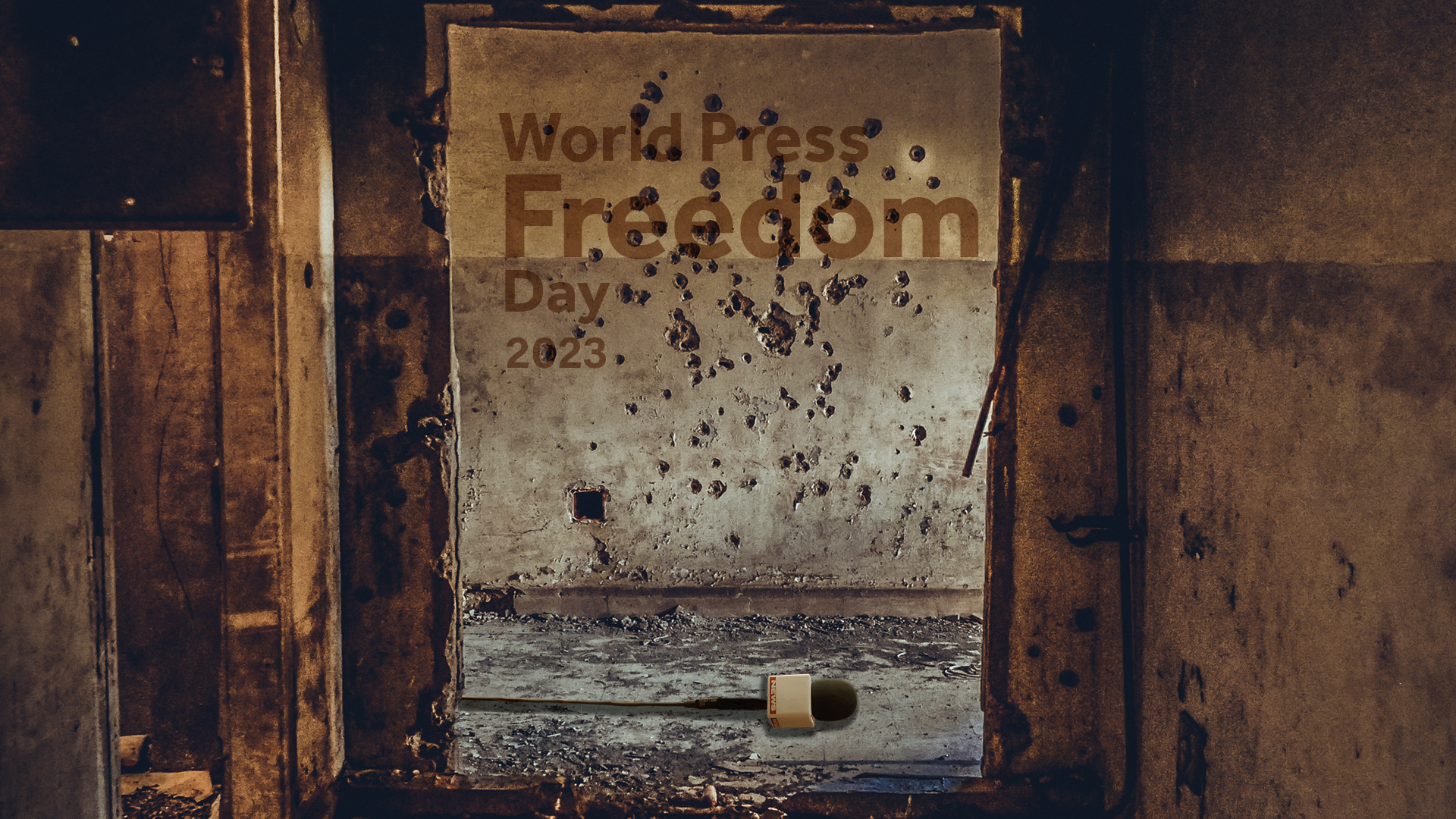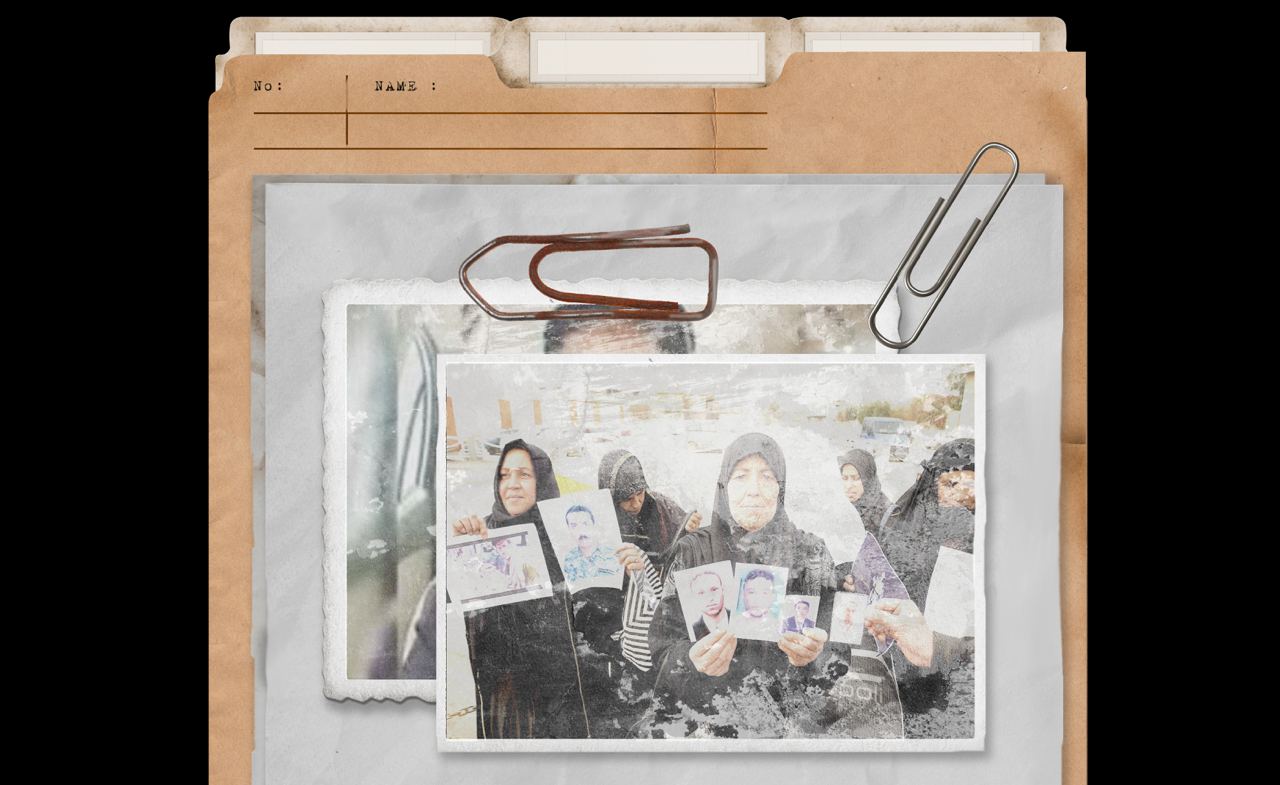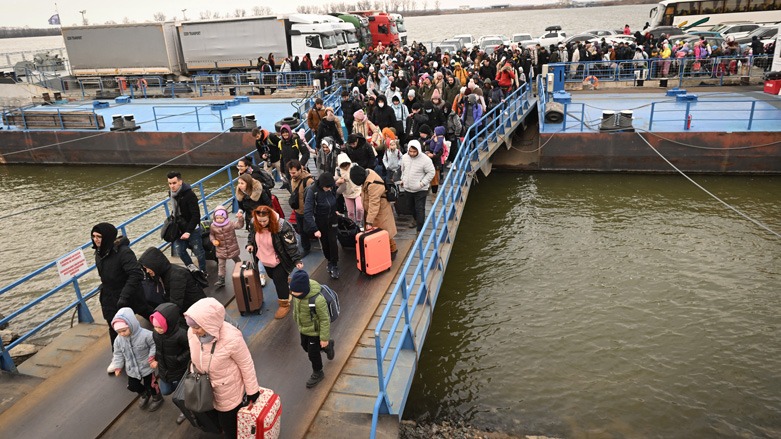October 19, 2025
The Iraqi Observatory for Human Rights (IOHR) has issued a stern condemnation of recent statements by the Russian Ambassador to Iraq, Elbrus Kutrashev, which the organization views as an alarming attempt to normalize the recruitment of Iraqi citizens for Russia's war in Ukraine.
In an interview published by Shafaq News on October 17, 2025, the Ambassador reportedly claimed that "thousands of Iraqis are ready to join the Russian army." The IOHR asserts that such rhetoric constitutes a clear violation of Iraq's sovereignty and international law, which prohibits the recruitment of civilians for armed conflict.
The IOHR stressed that the Ambassador's remark is not a casual comment, but rather reflects a dangerous pattern of exploiting Iraq’s acute economic hardship and soaring unemployment. With the national poverty rate exceeding 27% (and surpassing 40% in southern provinces), large segments of Iraqi youth are particularly vulnerable.
The Observatory argues that portraying military service in a foreign war as an alternative to employment or a means of financial improvement constitutes a form of human trafficking under international law, specifically the Palermo Protocol (2000), which recognizes the manipulation of vulnerability as an indicator of exploitation.
The organization further noted that reports of Iraqi nationals being recruited since 2022 to fight in Ukraine under the Russian military or affiliated groups —sometimes through deceptive contracts or local brokers— demonstrate the practical existence of this phenomenon. The IOHR regards these actions as the "commodification of human life," where necessity is weaponized for recruitment, directly violating the Iraqi Constitution's prohibition on armed groups outside state control and undermining national sovereignty.
The IOHR emphasized that the Ambassador's comments are a serious breach of the Vienna Convention on Diplomatic Relations (1961), which mandates that diplomatic missions respect the laws and sovereignty of host countries and refrain from interfering in their internal affairs. They also contravene the UN Charter's principle of non-interference, making the statements diplomatically unacceptable.
The Observatory warned that the continued silence of Iraqi authorities could be interpreted internationally as implicit approval or complacency, weakening Iraq’s global standing and setting a dangerous precedent that undermines the political neutrality the country has pursued since 2003.
The IOHR urged the Iraqi government and the Ministry of Foreign Affairs to issue a clear and public condemnation of the Ambassador's statements, reaffirming Iraq's rejection of any foreign recruitment of its citizens. The organization also called for the immediate summoning of the Russian Ambassador to demand an official clarification and for a parliamentary and judicial investigation into any possible networks or intermediaries facilitating the recruitment of Iraqis under the guise of employment.
In conclusion, the IOHR affirmed that modern human trafficking extends beyond forced labor or sexual exploitation to include the recruitment of civilians into wars for political or economic gain.
The Observatory underscored that an immediate and robust response from the Iraqi government is essential to demonstrate the country's independence and commitment to protecting its citizens from political and military exploitation, thereby ensuring that Iraq, a nation scarred by decades of conflict, does not become a supplier of fighters for other nations' wars.




